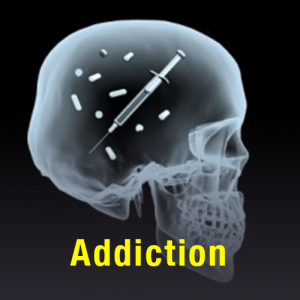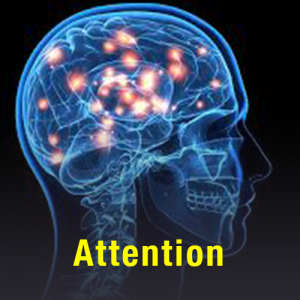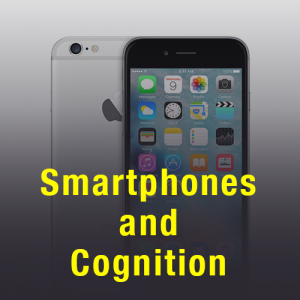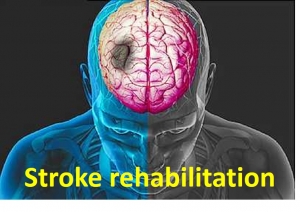 Addiction
Addiction
Drug addiction, also known as substance dependence, is a compulsive use of a substance despite its adverse consequences (e.g., monetary costs, health hazards etc.). When the drug use is discontinued (abstinence), withdrawal symptoms appear and promote relapse to drug use.
 Attention
Attention
Attention deficit hyperactivity disorder (ADHD) is a common neuropsychiatric disorder characterized by excessive inattention, hyperactivity, and impulsivity; either alone or in combination.
 Depression
Depression
Major Depressive Disorder (MDD), commonly known as “clinical depression”, is a brain disease with high personal and social costs, and is one of the most prevalent psychiatric disorder today. The neurophysiological mechanisms underlying MDD are still obscure, however it appears that specific alterations in the Reward Pathway may contribute its development..
 Smartphones & Cognition
Smartphones & Cognition
In recent years basic human functions and interpersonal communication became increasingly dependent upon mobile telecommunication technologies and the internet. This phenomenon, which has been studied by numerous social and anthropological researchers, has gained little attention from neuroscientists despite the common intuition that the shift from face-to-face interaction into a ‘screen-to-screen’ interaction carries significant changes in behavior and cognition.
 Stroke rehabilitation
Stroke rehabilitation
Stroke is among the principal causes of death worldwide and even in the best-case scenario often leaves its sufferers with permanent disabilities. No current treatment exists to undo the resulting tissue damage and efforts to reduce the damage requires immediate intervention within hours of stroke onset.
